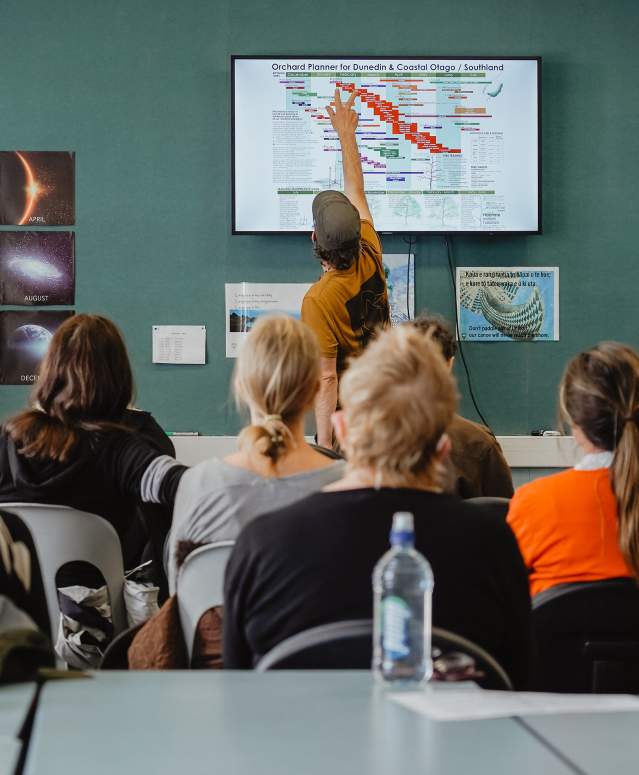Learning in Murihiku Southland
In Murihiku Southland, education isn't just about books and exams; it's about gearing up for a future intertwined with the region's natural wonders and opportunities, where learning and living go hand in hand.
In Southland, we've got education covered for all, from early childcare to higher education and adult learning opportunities. Newcomers to the region will discover a variety of schooling choices, from state schools to state-integrated and private institutions. Education Counts is a helpful tool for finding information about Southland schools. Keep in mind that some areas in the region have specific school zones.
Southlanders place a high priority on school education, and we pride ourselves on our innovative learning methods. Excellent student/teacher ratios ensure children receive the attention required to maximise learning potential.
Education Counts
Find schools in Southland District. Southland District. Aparima College · Balfour School · Central Southland College · Dipton School · Drummond Primary School ...
Southland Youth Futures
Building employment pathways for youth across the Southland region.
Live & Work
Live & Work
Moving Here
Living at the southern edge has taught us the value of strong, connected communities. We believe in creating a sense of belonging where everyone is accepted for who they are and can thrive as their authentic… Read More
Live & Work
Working Here
Living on the southern edge comes with unique opportunities and challenges, and we are here to embrace them with big imaginations and even bigger ambitions. We are used to breaking new ground, whether… Read More
Live & Work
Living Here
Southland offers a laidback lifestyle allowing you to have the perfect balance of work and home life. Read More
Live & Work
Our Place
Welcome to our place, Murihiku Southland, the southernmost region of Aotearoa, New Zealand. Here, we have never lost connection to the natural world; we experience its wildness, beauty and abundance… Read More
Our Story
We look at the world differently down here in Murihiku Southland, it fuels our spirit and enthusiasm for making the most of a place with more space, freedom and opportunities. It makes us who we are. Read More
Moving Here
Living at the southern edge has taught us the value of strong, connected communities. We believe in creating a sense of belonging where everyone is accepted for who they are and can thrive as their authentic… Read More
Working Here
Living on the southern edge comes with unique opportunities and challenges, and we are here to embrace them with big imaginations and even bigger ambitions. We are used to breaking new ground, whether… Read More
Living Here
Southland offers a laidback lifestyle allowing you to have the perfect balance of work and home life. Read More














